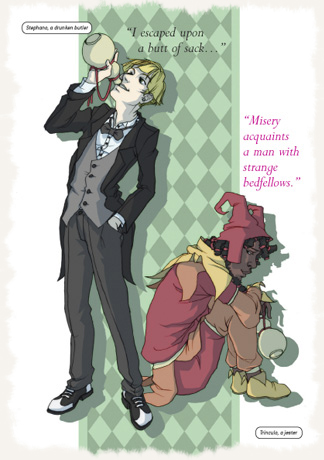
Fuelled by a desire to speak even more pretentiously about literature, I decided to spend the lockdown reading some classic works of American literature. More specifically, I set myself the challenge to decide my own nomination for the Great American Novel, based on a fairly commonly accepted canon of potentials.
Actually, one particular candidate for the Great American Novel is one of the reasons I studied literature in the first place. Moby Dick bored me beyond what I thought possible. As I am sure is the case with most people who are a little insecure about their intellectual capacity, I felt that there must be something lacking in me that meant I couldn’t realise Herman Melville’s so-called masterpiece as the masterpiece it was so called. I figured that completing an MA in literature with furnish me with some innate ability to realise the genius in Moby Dick – I was expecting a revelation. It didn’t happen. After a mediocre foray into academia, I think now what I thought back then: Moby Dick is shit.
But I digress….
The Great American Novel is obviously a very subjective term. One day I’d like to compile my own list and perhaps that will form part of this blog series, but for now I focused on a few commonly acknowledged American classics. I realise the following selection is not very inspired, but given that no-one will ever read this post, I don’t really care. In no particular order:
- The Last of the Mohicans (James Fenimore Cooper 1826)
- Uncle Tom’s Cabin (Harriet Beecher Stowe 1852)
- The Great Gatsby (F. Scott Fitzgerald 1925)
- The Grapes of Wrath (John Steinbeck 1939)
- The Catcher in the Rye (J. D Salinger 1951)
- To Kill a Mockingbird (Harper Lee 1960)
- Moby Dick (Eurgh!) (Herman Melville 1851)
- Invisible Man (Ralph Ellison 1952)
- Adventures of Huckleberry Finn (Mark Twain 1884)
- Absalom, Absalom! (William Faulkner 1936)
My intention here is to offer my own review of each novel, considering it’s place in the canon of American classics. It gives me an excuse to write this blog and it is something productive for me to due during these uncertain times.

 Setting any snobbery aside, as all Shakespeare productions are, after all, interpretations, the series works really well. Despite being heavily cut, the words and images form a cohesive story. My only quibble is that, aside from a few colour pages in the intro (which look incredible), everything is in black and white, as is the tradition with Japanese comics. It seems a shame as the opening pages look so good, the following monochrome ones seem a bit drab.
Setting any snobbery aside, as all Shakespeare productions are, after all, interpretations, the series works really well. Despite being heavily cut, the words and images form a cohesive story. My only quibble is that, aside from a few colour pages in the intro (which look incredible), everything is in black and white, as is the tradition with Japanese comics. It seems a shame as the opening pages look so good, the following monochrome ones seem a bit drab.